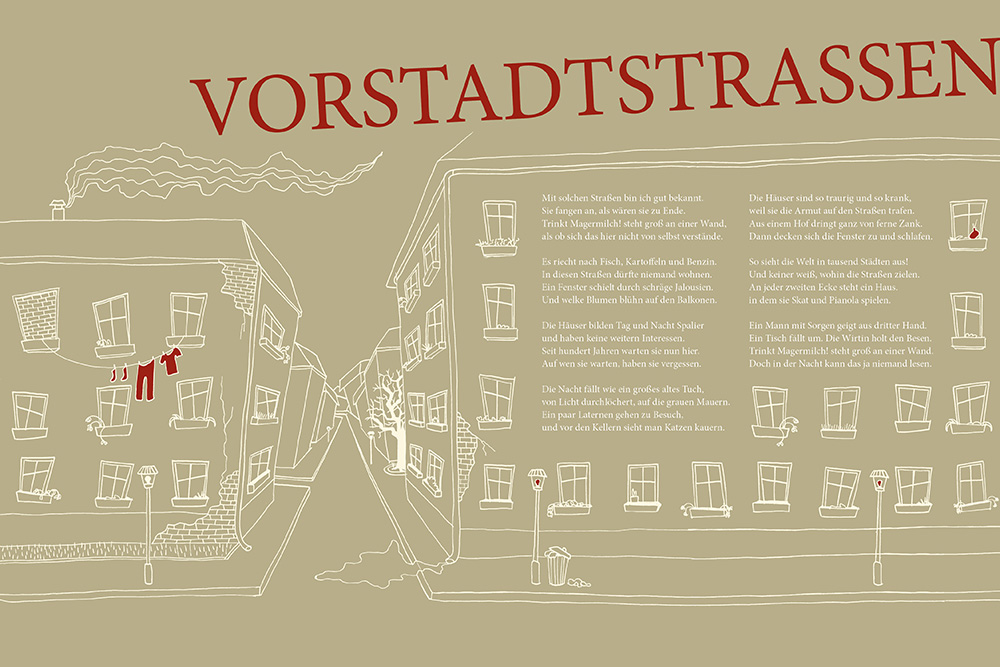La “povertà” alla prova dell’“esperienza”. Due autori a confronto: Rilke e Benjamin
DOI:
https://doi.org/10.13135/2038-6788/10174Parole chiave:
Armut, Erich Kästner, Povertà, Rainer Maria Rilke, Walter BenjaminAbstract
This essay focuses particularly on two German authors who, in the first thirty years of the twentieth century (when, starting with Expressionism, a confrontation with social poverty and its origins becomes unavoidable), seem to emerge over all others because of their originality and evocative power with respect to the theme of Armut, namely, Reiner Maria Rilke among the poets and Walter Benjamin among the philosophers. With respect to Rilke’s praise of poverty as “a great glow from within” (grosser Glanz aus Innen), according to a famous expression from the 1905 Book of Poverty and Death (Das Stunden-Buch), and also as foundational, regenerating experience within his own poetic and formative path, we document the aspects that are due to Russian popular religiosity, with which the Prague poet was familiar also thanks to Lou Andreas-Salomé, and the resonances with the figure of Saint Francis of Assisi. At the same time, we clarify the historical and existential background of Rilke’s praise of poverty, namely, his upsetting encounter with the city of Paris at the beginning of the twentieth century, of which he will also talk in many passages of his letters and in the 1910 Notebooks of Malte Laurids Brigge. With respect to Benjamin, we address his reflections on the disappearance of authentic experience within modernity as they are presented especially in the short 1933 essay Experience and Poverty (Erfahrung und Armut) and in the grandiose 1936 work The Narrator (Der Erzähler). In these works, attention is drawn to the crucial and devastating moment of experiential impoverishment due to the world conflict, a trauma that determines the absolute non-narratability of the war experience for anyone who has returned from the front thus marking some kind of a “null point” in the path of handing down human experiences (such experiences had already been seriously compromised during the nineteenth century, as the Berlin thinker notes especially in his exemplary confrontation with the work of the nineteenth-century Russian author Nicolai Leskov). In parallel with this, we also recall the emerging, within Banjamin’s discourse, of the notion of an exquisitely modern “new barbarism” with its paradoxical, “positive” features (ein positives Barbarentum). Such barbarism is precisely the outcome of the “poverty of experience” within which Benjamin reads some “implacable” figures of his contemporary culture such as Einstein, the cubists, Klee, Brecht, Loos, Le Corbusier, Scheerbart, who are determined to clean things up with their unusual language and “start anew, start from the New, succeed with Little,” destroying in order to start, through imagination, the construction of novel albeit difficult “exit ways.”



